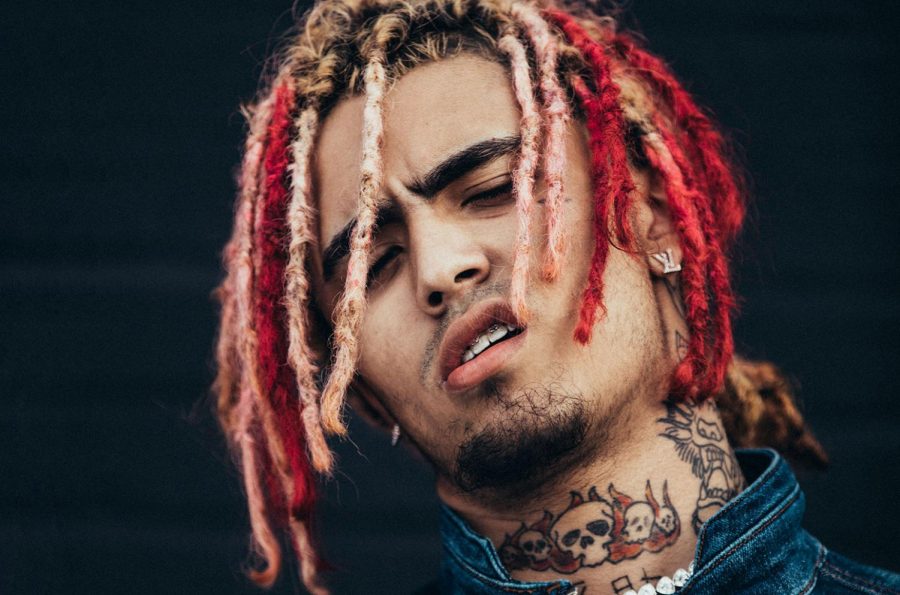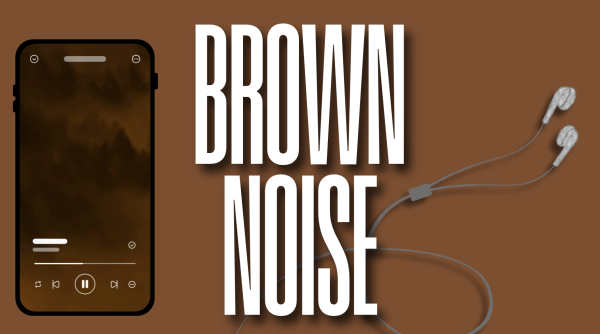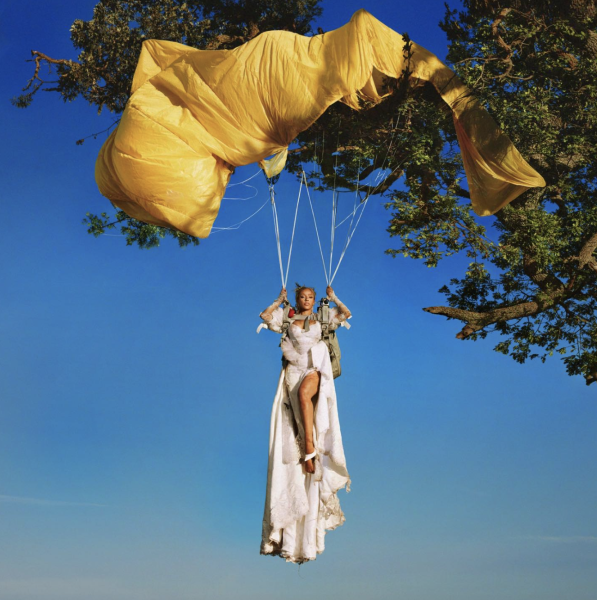Lil Pump Humiliates Himself on “Harverd Dropout”
By Kieran Press-Reynolds
Historic colleges call for historic albums. Who could do Harvard better than Lil Pump?
Lil Pump rose to fame in 2017 for his breakout hit, “Gucci Gang,” which peaked at number three on the Billboard chart. “Gucci Gang” and Lil Pump, who was 17 at the time, became emblematic of a new rap movement. Proudly calling themselves “ignorant” and fighting against mainstream norms, these rappers make intense songs with mantra-like lyrics designed to rile up pre-teens.
It is counterculture for Fornite players.
Lil Pump immediately drew a polarised reception. Half the world saw him as an entrepreneurial genius, symbolic of a new generation of listeners. The other half denigrated him no end, identifying in Lil Pump nothing but commercialized soullessness.
His self-titled debut album, released in 2017 and containing “Gucci Gang,” was a mixed bag: largely crammed with low-quality, low-effort club bangers, it had just enough good songs, like “D Rose,” to keep listeners anticipating the human Doodlebob’s next move.
Pump’s latest release, “Harverd Dropout,” is something of a litmus test: is he more than just a fad?
The album begins with “Drop Out,” Lil Pump’s introspective life story. “Dropped out, then I got rich,” he explains. He spares us the details.
The biggest motif running through the album is that Lil Pump has, indeed, dropped out. He hammers the point home with song titles like “Vroom Vroom Vroom,” which summons the image of a six-year-old playing with Hot Wheels and lines like “I piss on these racks on the floor.” Lil Pump is a hashtag rebel, and he wants you to know it loud and clear (he dropped out of school, by the way!).
Lil Pump flexes his hatred of education like it is a point of pride, but there are downsides to illiteracy. For example, he has boxed himself in vocabulary-wise — there are entire songs where he never breaks the three-syllable barrier. Some of the choruses are so simplistic they verge on the surreal, like he is parodying himself — on “Off White,” Pump chants “Off-White, alright,” over and over. That’s it. File under bedtime rhymes.
The production is even worse than Lil Pump’s rapping. More often than not, it sounds like DJ Snake or The Chainsmokers hopped on the track. The mix between South Florida trap and Mountain Dew commercial EDM sounds like how Four Loko tastes: sugary, full of chemicals and pungent in the worst way.
The only song worth talking about is the Lil Wayne-assisted “Be Like Me,” which has a catchy beat and a few fun vocal turns. “I’m a millionaire, but I don’t know how to read” is pretty iconic and “I take drugs like it’s vitamin C” is a spicy bar. He actually sounds like he is trying on this song — switching up the flow here and there — which is nice.
Otherwise, Lil Pump is a caricature — literally a stick figure of a rapper. “Dropout” is too innocent an adjective to characterize Lil Pump. This album merits an indefinite suspension from music-making.
A good album makes you yearn to hear more from its maker. “Harverd Dropout” made me wish to never hear it, or Pump, again. From fad to sad in less than eighteen months.













































































































































































































